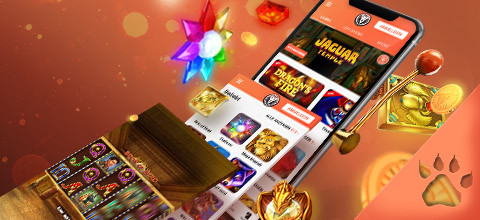Back
Casino Blog
This blog section is dedicated to articles about various online casino games: pokies, table games, jackpots etc.

Other Casino Games Guides
Learn about not-so-popular but interesting casino games like craps, sic bo, and others.

Auto Spins Slots: How to Guide
Gambling is a fun pastime (and even a career for some). The thrill and chance of the games seem to have always captivated the masses. Because of this, there are so many games to choose from, but one of the most popular has to be slots!

The Slot Machine Algorithm: What’s Happening Behind the Reels?
If we lifted the lid on a slot machine, what would we find? If we looked closely, we’d see the mechanics—real or digital—but what if we zoomed in closer? What does the actual algorithm look like?

Online Pokies Blog
Latest articles about online pokies: how to play, tips and tricks and our best picks!